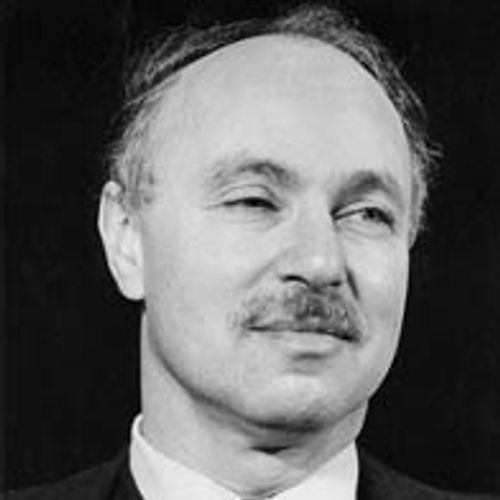Translated by David Daiches
With a contribution by Kay Boyle
“Miss Boyle is a story teller, a superb one; by and large the best in this country and one of the best now living,” the Saturday Review wrote when Thirty Stories was first published. Selected from over one hundred stories written during twenty years, this volume includes many of her celebrated titles, masterpieces each in their separate ways, “Wedding Day,” “Black Boy,” “The White Horses of Vienna,” “Count Lothar’s Heart,” “The Loneliest Man in the U.S. Army,” for instance. Since Kay Boyle spent the years 1922 to 1941 in Europe, many of her characters and settings are European. But a deep love of nature, of mountains and water and forests make these settings universal, while the effect of nature––a flight of birds, for instance––on her characters suggests classic Japanese literature. The intensity with which she enters into these characters, their quandaries, their limitations, their resilience in the face of tragedy, makes memorable and honestly felt experience. As David Daiches has written, “We can point to a story and say, ’There! Within these bounds is contained a true vision of some aspect of the human situation.’” The San Francisco Chronicle said, in reviewing Thirty Stories, “They have none of the earmarks of feminine fiction; they never strive for the neat ending; and the emotion always has a genuine ring, although often it is an emotion that you cannot name, that you can only feel… These stories show how Kay Boyle has developed her ’art of the short story.’ She has not been afraid of the untrodden path or of unfamiliar horizons.”
